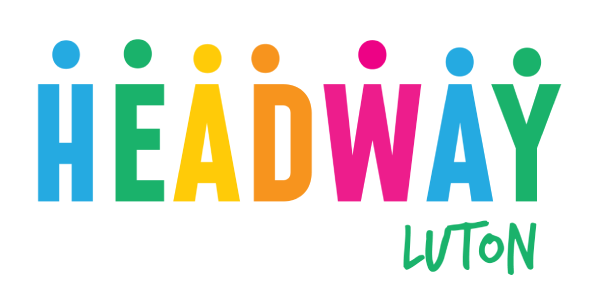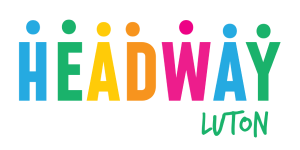What is acquired brain injury?
Acquired brain injury (ABI) refers to any type of brain damage that occurs after birth.
Common causes of an acquired brain injury are:
- Stroke – including haemorrhagic
- Traumatic brain injury (TBI):
- Road Traffic Accidents
- Accidents (home, work, sport or lifestyle)
- Domestic and street assaults
- Armed conflict
- Cerebral Anoxia
- Poisoning – carbon monoxide, solvents
- Alcohol or drug abuse
- Epilepsy
- Encephalitis
- Infection – including Meningitis
- Tumour
- Surgery or anaesthetic accident
Research suggests that every 90 seconds, someone is admitted to hospital with a brain injury and 1 in 64 people are currently living with the effects (Source: Headway UK).
Effects Of Acquired Brain Injury
A brain injury can range from the relatively minor, such as temporary concussion through to more severe and complex injuries that can be experienced for years after the injury occurred. An acquired brain injury is often a hidden disability. Some people may have physical disabilities as a result of their injury, but for others the injury may effect, for example, their personality, cognitive ability, speech, memory.
Below is a list of the range of effects a brain injury can have on someone with links to detailed information provided by Headway UK.
- Behavioural effects: Loss of control over behaviour, impulsiveness, apathy, egocentricity, irritability etc.
- Cognitive effects: Speed of thought, memory, understanding, problem solving etc.
- Coma and reduced awareness states: Measured by the Glasgow Coma Scale.
- Communication problems: Verbal and non-verbal. Receptive and expressive.
- Emotional effects: Personality change, depression and sense of loss, mood swings etc.
- Executive dysfunction: Making decisions, controlling emotions, multi-tasking, planning, motivation etc.
- Hormonal imbalances: Fatigue, depression, vision disturbance, altered sex drive etc.
- Physical effects: Mobility, spasticity, weakness or paralysis, ataxia, epilepsy etc.
- Post-traumatic amnesia: Confusion, inability to recognise familiar people, uncharacteristic behaviours etc.
Helpful resources
Take a look at the Headway UK Website for a full range of resources, campaigns, news, fact-sheets, videos and much more. Below are some quick links to some of the popular resources provided by Headway UK.
Helpful resources
Take a look at the Headway UK Website for a full range of resources, campaigns, news, fact-sheets, videos and much more. Below are some quick links to some of the popular resources provided by Headway UK.

